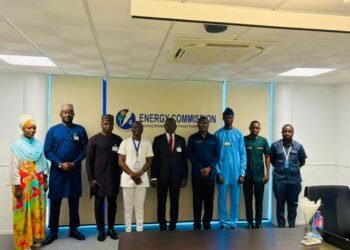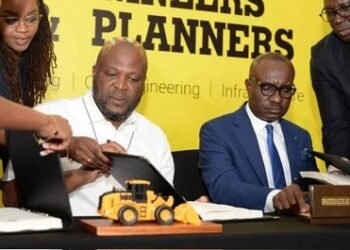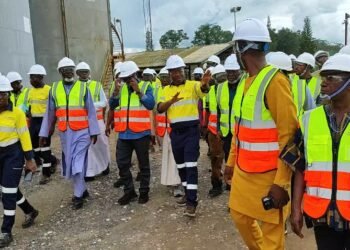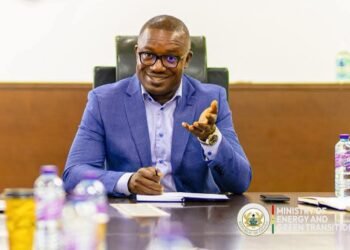The Executive Director of the Africa Centre for Energy Policy (ACEP), Ben Boakye, has made a passionate call for innovative financing strategies to drive Africa’s energy transition, warning that the continent cannot afford to continue with “business as usual” in the face of global energy shifts.
Speaking at the 2025 edition of the Future of Energy Conference (FEC) in Accra, themed “Financing Africa’s Energy Future: Unlocking Investments for Energy Access and Economic Transformation,” Mr. Boakye said bold reforms were needed to close Africa’s energy access gap and deliver reliable, affordable, and clean power to millions still living in the dark.
“It is our chance to pause, reflect and look into the crystal ball of possibility,” he told the gathering of policymakers, private sector leaders, development institutions, and civil society actors.
“We are here to envision a future where Africa is energy secure, where energy is not the privilege of the few, but the right of all.”
Ben Boakye, Executive Director of ACEP
Africa’s energy deficit remains stark. According to Mr. Boakye, 600 million people on the continent still live without electricity, while more than 700,000 people—mostly women and children die every year from the use of unclean cooking energy.
“These are not mere statistics. They are lives cut short, futures denied, and dreams extinguished.
“This is a developmental crisis that requires urgent solutions.”
Ben Boakye, Executive Director of ACEP
He argued that traditional approaches often reliant on large-scale fossil fuel projects and heavy government borrowing, were no longer sufficient.
Instead, Africa must rethink its strategy to align with the realities of a changing global energy market, where renewable technologies are becoming cheaper and more competitive.
Global Shifts, Local Challenges

Mr. Boakye pointed to record-low solar photovoltaic prices and the rapid adoption of electric vehicles (EVs) worldwide, which are cutting operating costs by up to 70%.
These developments, he noted, hold promise for Africa but also raise hard questions about the viability of fossil fuel investments, the future of jobs tied to hydrocarbons, and the continent’s existing energy infrastructure.
“Africa cannot ignore these global shifts. “We must define energy access not merely as extending power lines, but ensuring affordability and usability for households, businesses, schools, and hospitals.”
Ben Boakye, Executive Director of ACEP
He added, “True access is light in the home, power in the factory, and energy in the schools and hospitals.”
The ACEP boss underscored that Africa’s high cost of energy financing remains a major obstacle. Despite sovereign guarantees, investors continue to price in high risks, leaving governments overburdened with expensive loans.
“We must dismantle inefficiencies in the value chain, lower the cost of capital, and design financing instruments that serve Africa’s unique needs without overburdening already stretched governments.”
Ben Boakye, Executive Director of ACEP
He called for a blend of domestic financing, concessional funding, and innovative risk-mitigation tools to unlock capital for clean energy projects.
“The future of energy in Africa is not just a technical and financial issue. It is profoundly human. It is about dignity, equity, and the simple right to live a life of possibility.”
Ben Boakye, Executive Director of ACEP
Future of Energy Conference 2025
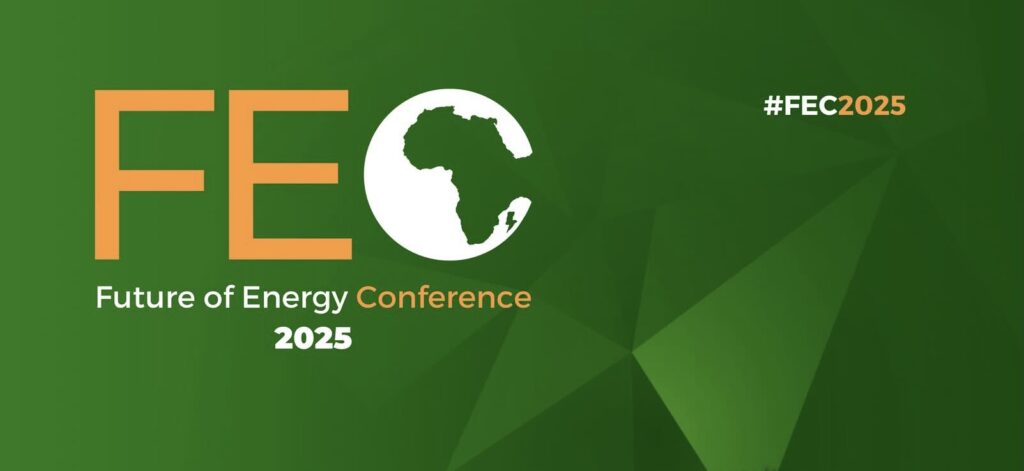
The Future of Energy Conference (FEC), ACEP’s flagship annual platform, brought together a wide array of stakeholders to deliberate on governance, investment frameworks, and policy choices that can accelerate Africa’s energy transition.
This year’s edition is heavily focused on mobilising capital for Africa’s energy transformation. Discussions explored how to bridge the access gap while driving industrialisation and economic competitiveness.
Industry players emphasised that unlocking investment for Africa requires not only innovative financing models but also improved governance, transparent regulation, and stronger collaboration between governments and the private sector.

Mr. Boakye insisted that Africa must seize the opportunity to chart its own path in the global energy transition.
“We have the resources, the talent, and the vision.
“What we need is the courage to design solutions that reflect Africa’s realities and aspirations.”
Ben Boakye, Executive Director of ACEP
As the conference concluded, participants agreed that achieving universal energy access by 2030 a target set by the United Nations Sustainable Development Goals would demand nothing short of a radical rethinking of Africa’s energy financing landscape.
The message from ACEP’s leadership was clear: for Africa, the time for incremental progress has passed.
What is needed now are bold, innovative, and inclusive financing models that will not only light up homes but also power industries, schools, and hospitals across the continent.
READ ALSO: A Smart Move to Save the Cedi – Women in Forex Ghana Prez Hails BoG Directive




